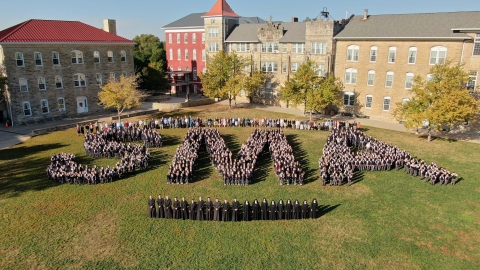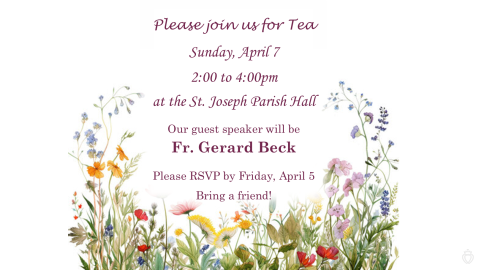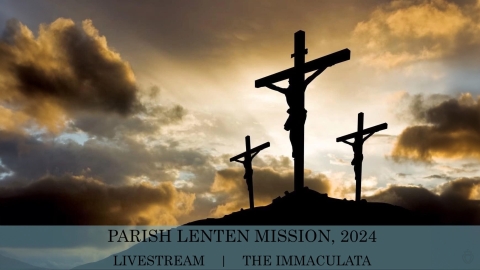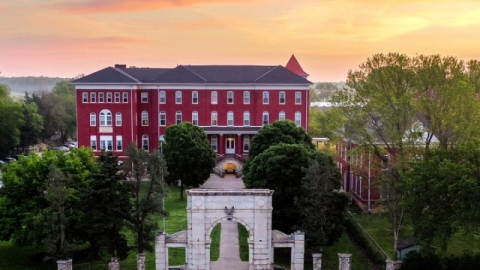St. Peter’s Basilica Hosts Anglican Evensong

Choir of Merton College Oxford - Photo Credit: Anglican Centre.
Anglican Choral Evensong, a service of Psalms, canticles, lessons (readings), and prayers, was celebrated at the main altar in Saint Peter’s Basilica at 3 p.m. on Monday, March 13, 2017.
Anglican Archbishop David Moxon, Director of the Anglican Centre in Rome, presided, and the Choir of Merton College, Oxford, sang. The homily was preached by Archbishop Arthur Roche, Vatican Secretary of the Congregation for Divine Worship and the Discipline of the Sacraments, who is an Englishman.
Permission for the non-Catholic prayer service was granted by Cardinal Angelo Comastri, Archpriest of St. Peter’s Basilica. On its Twitter account, the embassy of the United Kingdom to the Holy See saluted it as a “truly historic event.” Pope Francis did not attend.
Mass and Rosary of Reparation
Rightly indignant about this Anglican ceremony in the basilica that is the heart of Christendom, around 80 faithful Catholics recited a Rosary of public reparation at the entrance to Saint Peter’s Square, after attending the Mass ad tollendum schism [for an end to schism] in the chapel of the Society of St. Pius X (SSPX) in Rome.
After this profession of faith, the faithful, directed by the Militia of the Immaculate and accompanied by several priests from the Priory in Albano, distributed to passers-by leaflets explaining the impact of such an ecumenical gesture and the significance of their prayer of reparation.
Other ceremonies of reparation have been organized in SSPX chapels in Italy of Turin, Rimini and Silea.
What is wrong with These Ecumenical Ceremonies?
St. Thomas explains that sin against the First Commandment can be done because one does not worship the true God, Our Lord Jesus Christ, or because one worships the true God in a wrong way. Those who do not recognize Our Lord Jesus Christ as true God and true Man, having founded the Catholic Church as His unique Church to teach what He passed down, do not worship the true God. Their faith amounts to picking and choosing what seems right to them rather than exhibiting the divine virtue of Faith which enable one to adhere fully to all the truths about God as revealed and taught by the Church. That is the case of the Protestants, Anglicans included.
As Leo XIII teaches in Satis Cognitum (# 9), June 29, 1896:
He who dissents even in one point from divinely revealed truth absolutely rejects all faith, since he thereby refuses to honor God as the supreme truth and the formal motive of faith.”
For Catholics, the way to give honor to God, especially in the public and official worship has to be the Liturgy of the Church established according to the rule of the Faith. The rule of the Faith is the rule of the prayer. Using another cult, or a cult which would be ambiguous or deficient in the liturgy would be an offense to God.
What Was Church’s Attitude toward Such Situations?
The Church condemned the confusion of the Faith. It is injurious to God and uncharitable for one’s neighbor. It is injurious to God because He has the right to be honored and served as He is and demands. It is uncharitable to the neighbor because his eternal salvation depends on his departure from errors and conversion to the truth. Encouraging one’s neighbor to stay in his errors about God, the faith, and the way to please Him is a scandal—a sin against charity.
In a case of a common liturgy, the Church condemned communicatio in sacris or “common act of sacred cult” in the 1917 Code of Canon Law (Canon 1258.1): “It is unlawful for the faithful to assist in any active manner, or to take part in the sacred services of non-Catholics.”
Recent Catholic-Anglican Ecumenical Gestures
In October 2016, Pope Francis and the Anglican Archbishop of Canterbury, Justin Welby, celebrated Vespers together at the Basilica of San Gregorio Magno al Celio in Rome. In February 2016, the Holy Father visited the Anglican Church of All Saints in Rome as it celebrated the 200th anniversary of its founding and participated in Evensong on that occasion. Diane Montagna, writing in Aleteia, notes that this makes Pope Francis “the first pontiff to set foot inside an Anglican church in his own Diocese of Rome.”
Pope Benedict’s Overture to the Anglicans
Although there is a wide range of beliefs and styles of worship within the Anglican Communion itself, it is unmistakably Protestant because of its divergent beliefs about the Eucharist, the priesthood, marriage, the papacy, and other points of doctrine. Let us remember that Anglican ministers are not priests, their ceremonies of ordinations are invalid.
Pope Benedict XVI, responding to requests from groups of conservative Anglicans seeking union with the Roman Catholic Church, issued the motu proprio Anglicanorum Coetibus on November 4, 2009, establishing “Personal Ordinariates” that offer converts from Anglicanism a way to practice the Catholic Faith while keeping many of their liturgical and musical traditions. Today there are three Anglican Ordinariates in the Catholic Church: the Personal Ordinariate of the Chair of St. Peter (United States and Canada), Our Lady of Walsingham (United Kingdom), and Our Lady of the Southern Cross (Australia).
Source: aleteia.org - March 13, 2017





